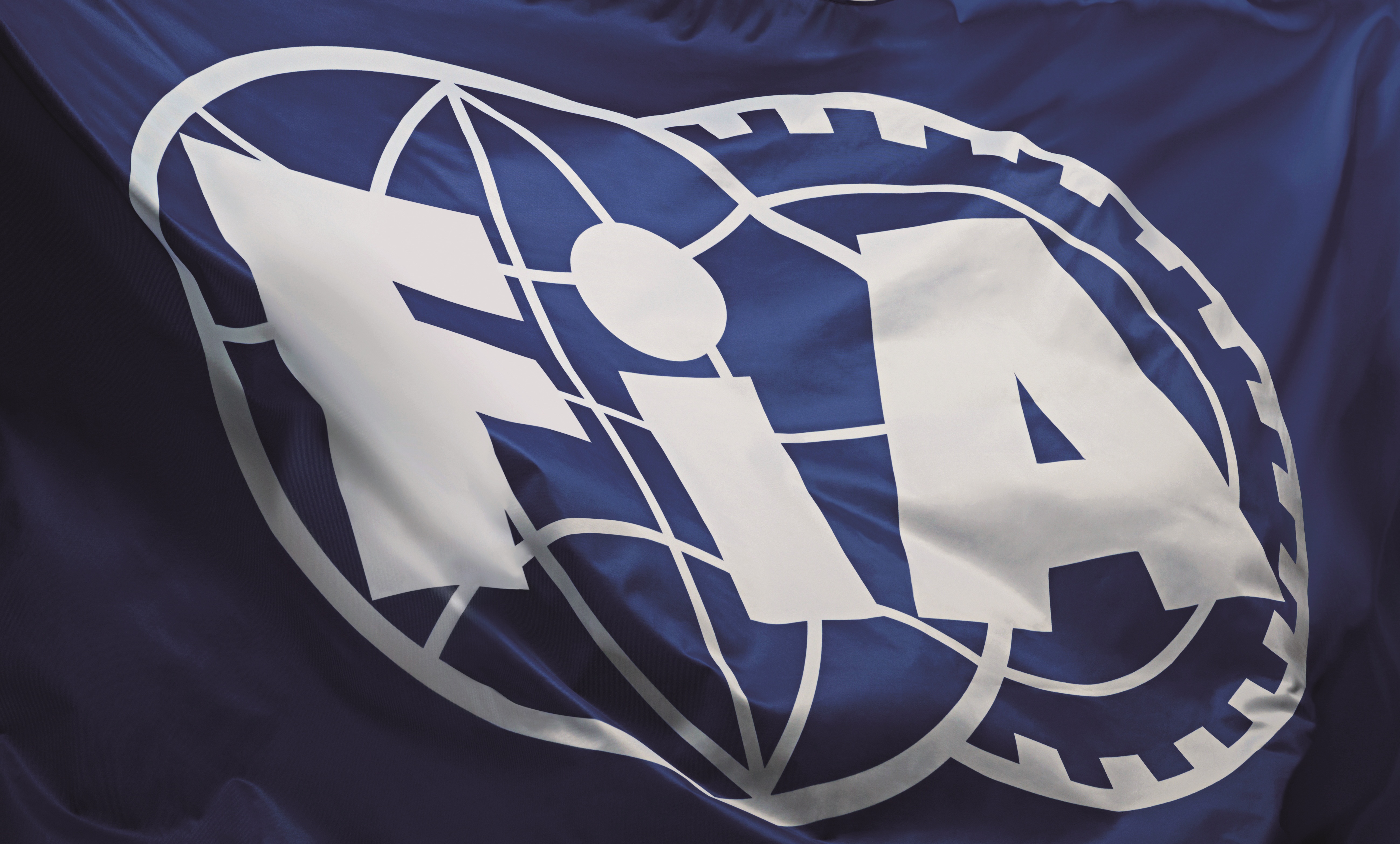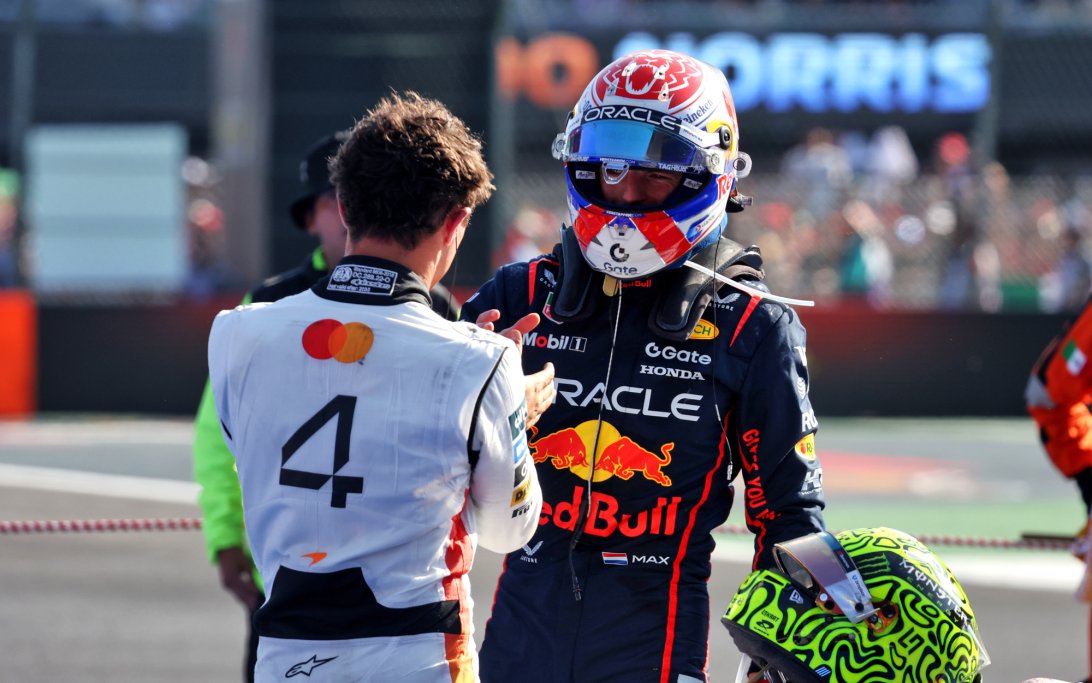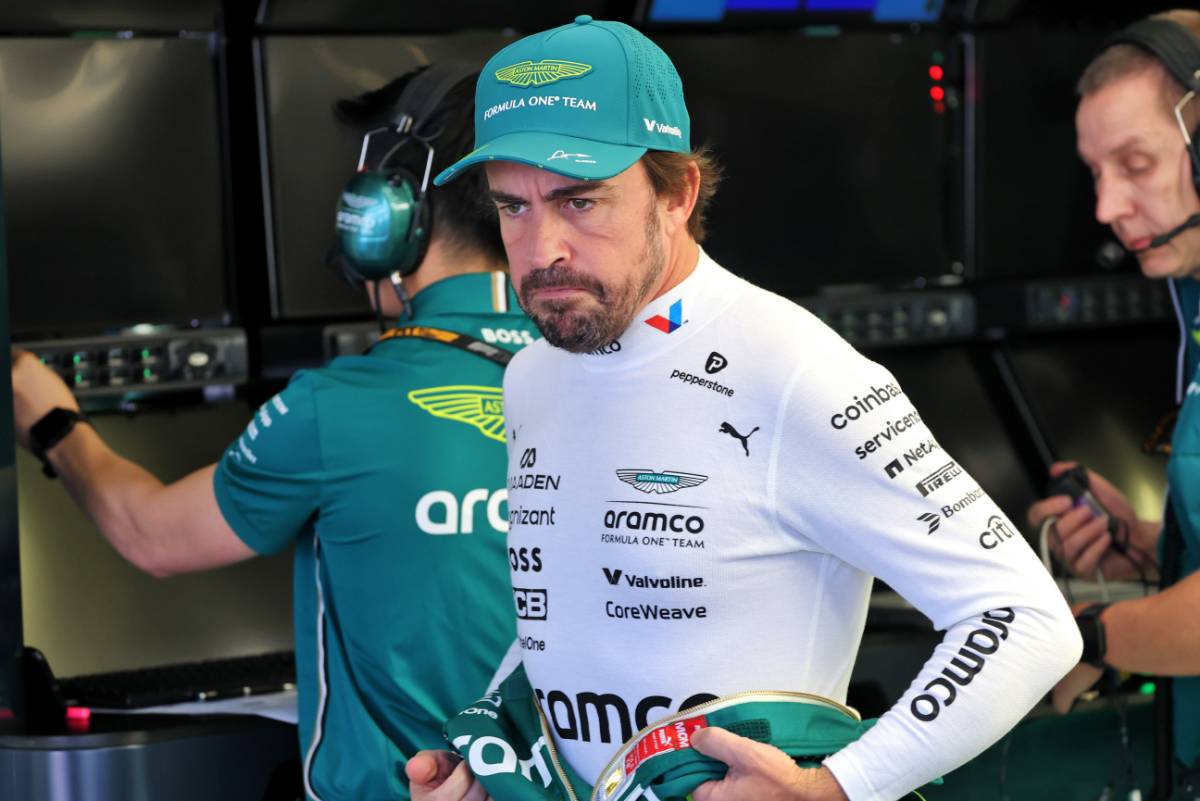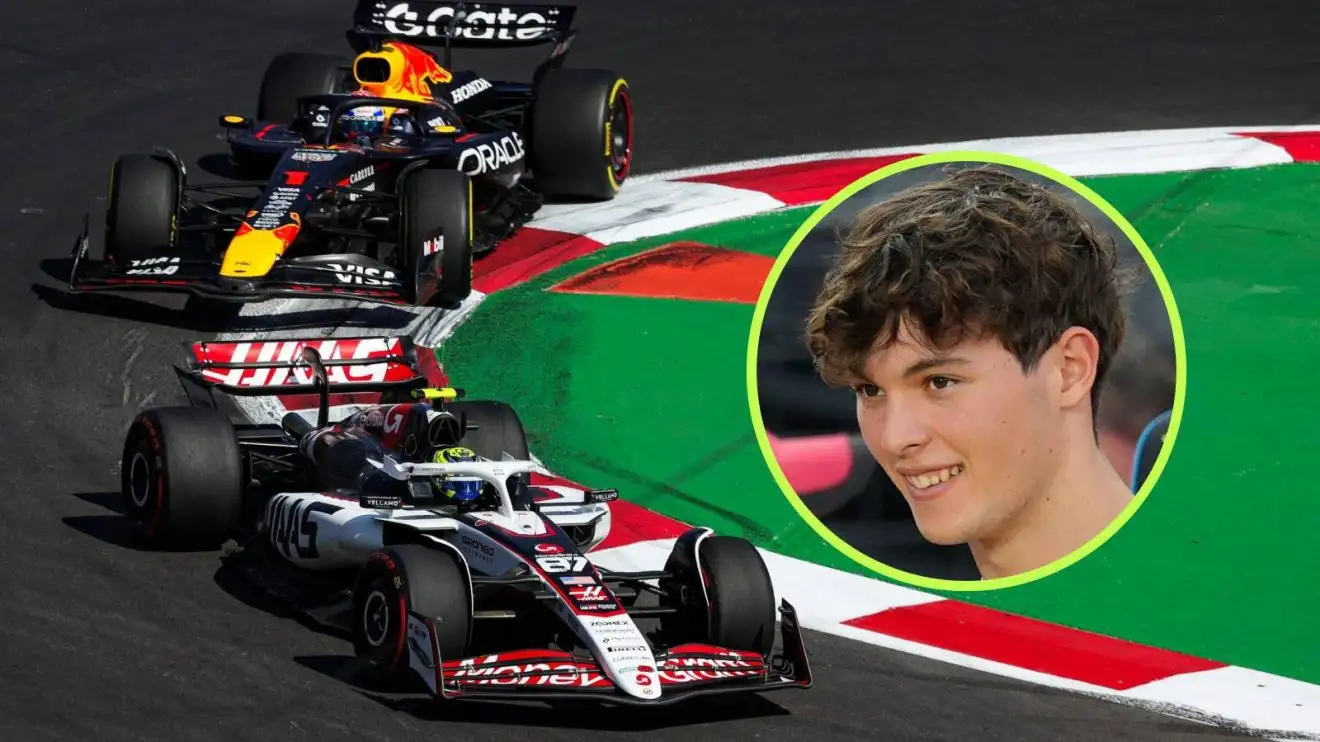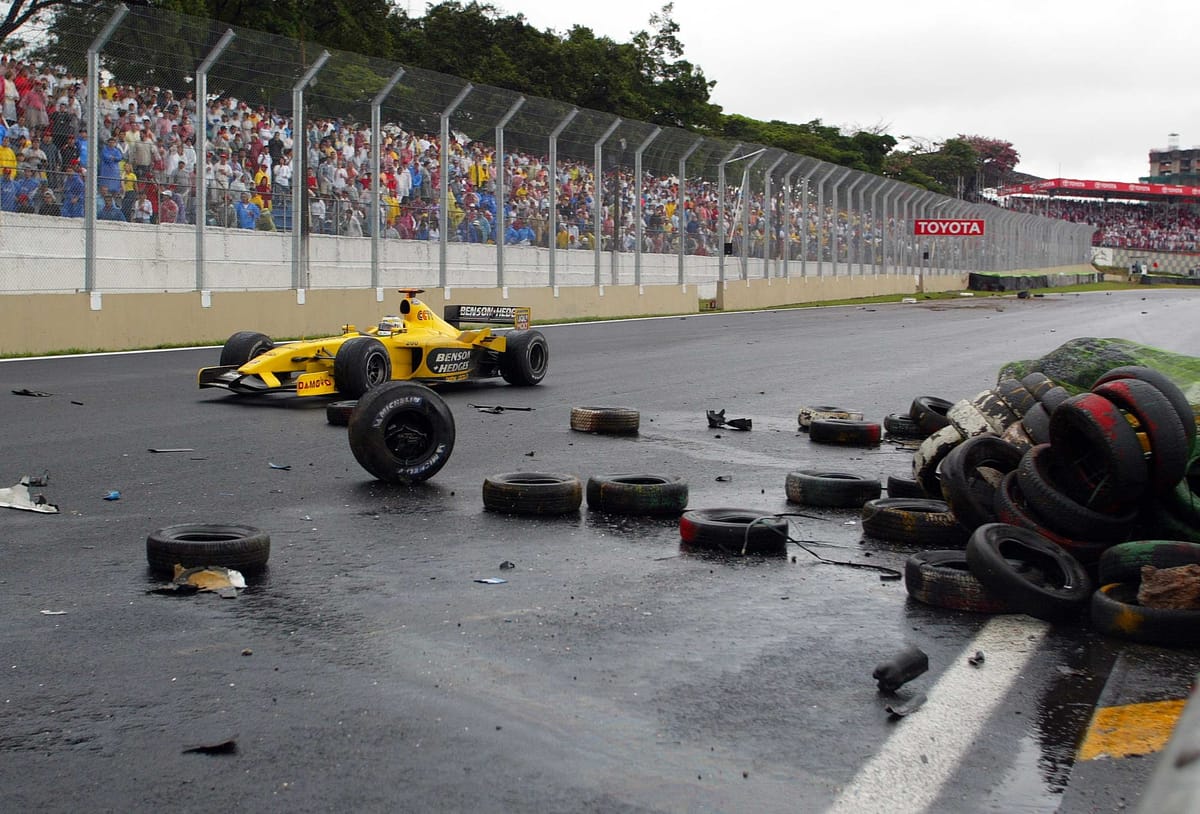
Unlikely F1 Victory Nearly Derailed by Hire Car Blunder
Giancarlo Fisichella's improbable maiden Formula 1 victory at the 2003 Brazilian Grand Prix was almost undone by a crucial oversight: the critical electronic control unit (ECU) data, vital for overturning an initial timekeeping error, was nearly lost in a mislaid hire car.
Why it matters:
- This previously untold detail highlights the chaotic aftermath of one of F1's most unusual races and underscores how a minor logistical error could have dramatically altered F1 history.
- Fisichella's win, confirmed days after the event, marked a significant moment for him and the struggling Jordan team, a triumph that hinged on precise data.
- It offers a glimpse into the high-stakes, often overlooked logistical challenges teams face, even off the track, in proving their case in the intricate world of F1 regulations and timekeeping.
The Details:
- Initial Confusion: Fisichella, driving for Jordan, was initially declared second to McLaren's Kimi Raikkonen after the race was red-flagged due to major crashes.
- Timekeeping Error: Jordan argued that Fisichella had completed lap 55 and started lap 56 before the red flag, meaning the results should have been counted back to lap 54, where Fisichella was leading. The FIA's initial declaration was based on Fisichella being on lap 55, making Raikkonen the winner based on lap 53 positions.
- Crucial Evidence: Jordan's case relied on timing data downloaded from the car's ECU, which showed Fisichella had indeed started lap 56 approximately 12 seconds before the red flag.
- The Near Disaster: Andy Stevenson, then Jordan's chief mechanic and now Aston Martin's sporting director, revealed this week that the ECU, containing the vital data, was inadvertently left in a hire car after the race. The team spent six frantic hours locating and recovering the vehicle and the ECU.
- Without this data, Jordan's argument to overturn the result would have been significantly weaker, potentially denying Fisichella his first win.
- Delayed Podium: Due to the post-race investigation, Fisichella did not get to celebrate on the top step of the podium immediately. A special ceremony was held at the following race in Imola for Raikkonen to formally hand over the winner's trophy.
The Big Picture:
Fisichella's victory at Interlagos was not only his first but also the last for the Jordan team, which was facing financial difficulties and performance struggles. This incident vividly illustrates the critical role of technology, meticulous data management, and even good fortune in F1, where a single piece of evidence or a small mistake can alter championship narratives and historical records. The race itself remains one of F1's most memorable for its chaotic conditions and controversial outcome.
Looking Ahead:
While a historical anecdote, this story serves as a reminder of the intricate details and human elements behind F1's biggest moments. Modern F1 teams invest heavily in data logging and analysis, making such a 'lost data' scenario less likely today, but the core principle of needing verifiable evidence for race results remains paramount. The legacy of Fisichella's win, secured against the odds and nearly lost to a logistical oversight, continues to be a fascinating chapter in F1 lore.
Original Article :https://www.the-race.com/formula-1/unlikely-f1-win-fisichella-brazil-jordan-near...



